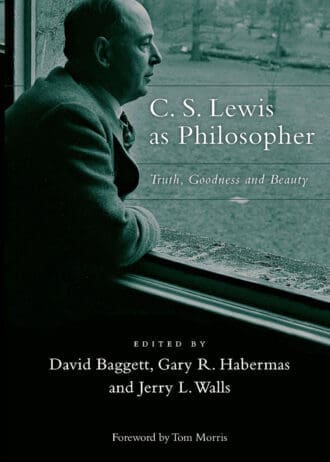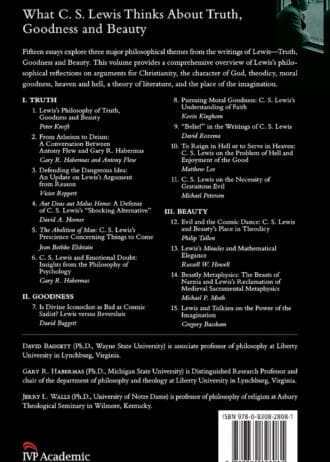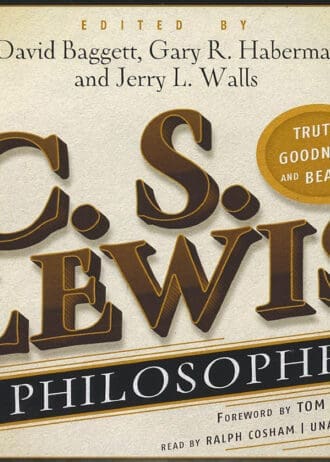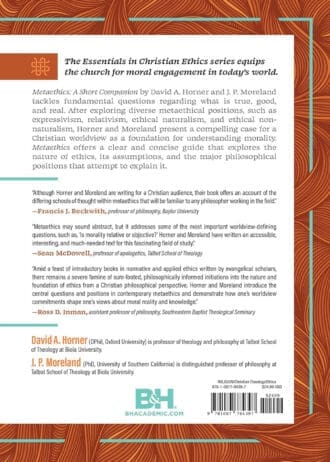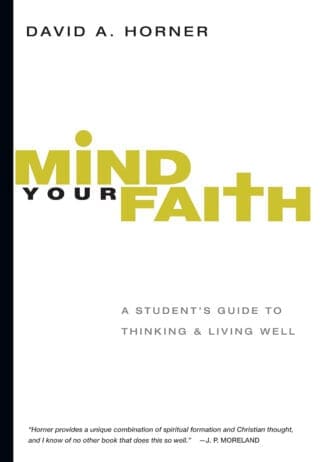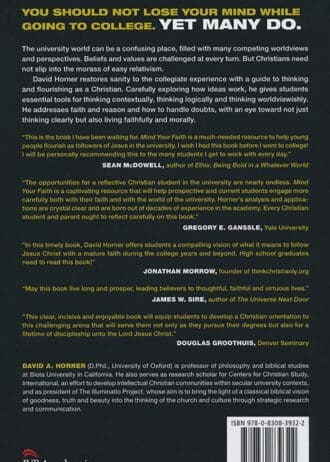C. S. Lewis as Philosopher: Truth, Goodness and Beauty
What did C. S. Lewis think about truth, goodness and beauty? Fifteen essays explore three major philosophical themes from the writings of Lewis–Truth, Goodness and Beauty. This volume provides a comprehensive overview of Lewis’s philosophical thinking on arguments for Christianity, the character of God, theodicy, moral goodness, heaven and hell, a theory of literature and the place of the imagination.

